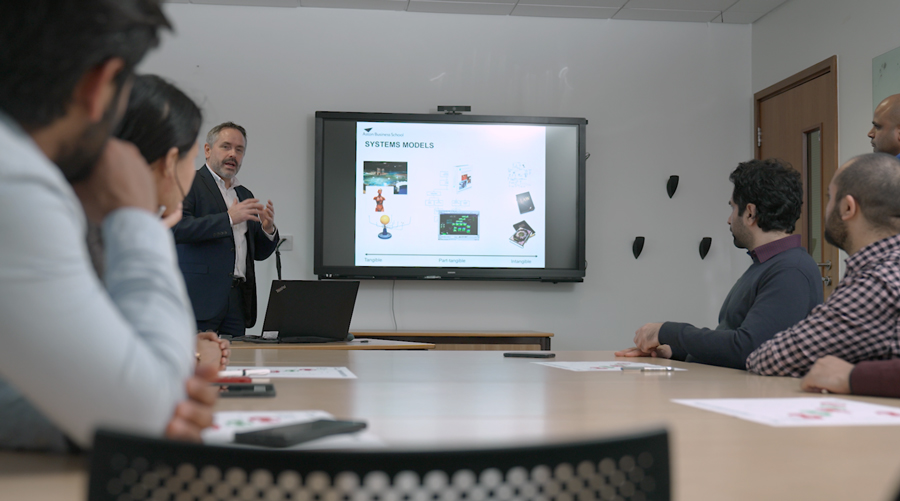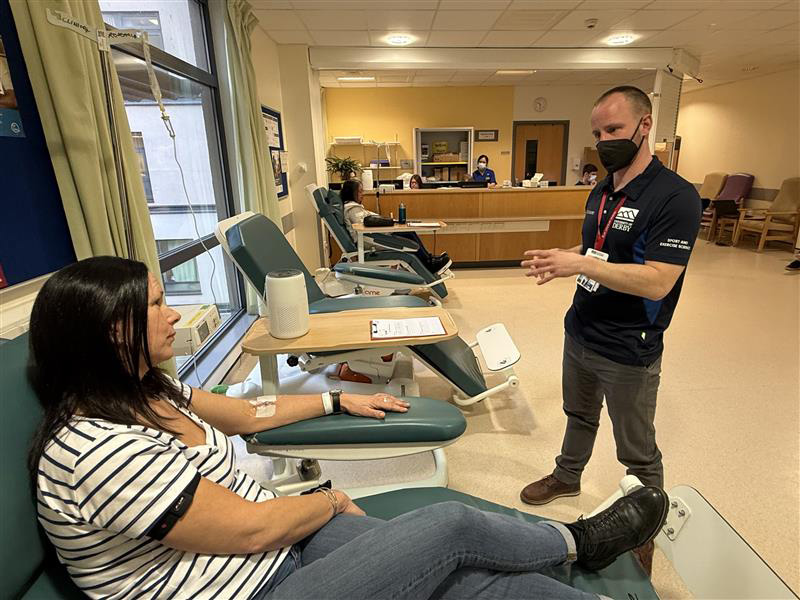‘No-one left behind’ – Scottish Minister for FE speaks at FAB Parliamentary Reception at Holyrood

The Federation of Awarding Bodies hosted an event at the Scottish Parliament in February. Scottish Members of Parliament, skills and education stakeholders, and FAB members attended to discuss reform to 16+ education in Scotland.
Reforming Scotland’s 16+ Education Offer
Like the other UK nations, Scotland is in the midst of reforming their 16+ education offer. Recommendations made in the Withers review on skills and the Hayward review on qualifications and assessment in 2023 are helping to lead thinking on what the new system could look like, and this includes a radical overhaul of the regulatory body in Scotland, the Scottish Qualifications Authority (SQA).
The Federation of Awarding Bodies is keen for awarding bodies to be involved in discussions as key decisions are being made. This is particularly important because of the changes to the regulatory body and potentially to the approvals process of qualifications being delivered in Scotland.
Parliamentary Event and Ministerial Engagement
In support of this, Meghan Gallacher MSP (Deputy Leader of the Scottish Conservative and Unionist Party) sponsored a parliamentary event in Holyrood on 18th February. The event was attended by Minister for Higher and Further Education Minister, Graeme Dey – a key figure in the reforms – and chaired by FAB Scotland group chair, Paul Eeles from the Skills and Education Group.
Ms Gallacher opened the event, calling education a ‘pivotal tool’ for social mobility but one that is currently a difficult landscape to navigate.
Minister Dey then addressed the panel to highlight his intention to shape Scotland’s 16+ offer based on conversation with stakeholders, employers and other experts. While the Minister acknowledged that the task ahead is not an easy one, the ‘guiding principle’ is to be simplification in the system.
Echoing what the Federation have heard from ministers in other UK nations, the Minister described the current system as unclear and difficult for learners to navigate. The intention of any reform will be to strengthen skills planning regionally and to have apprenticeships and training available that reflect economic needs.
Also in line with other nations is the desire for a more agile and responsive system in Scotland, and the development of new qualifications that reflect the changing needs of employers and learners alike.
Challenges and Solutions in Education Reform
Speakers from the panel then raised the challenges they currently face with the Minister, and what a new system could do to address those. Chris Brodie (Skills Development Scotland) spoke on the issue of skills gaps, and getting the right people into the right roles; Shona Struthers (Colleges Scotland) emphasised the importance of funding and that industries are requesting more short courses for upskilling and training; and Angharad Lloyd-Beynon from City and Guilds representing FAB members, highlighted the importance of minimising regulatory burden and unintended consequences for awarding bodies.
Minister Dey responded to the speakers’ points and advised that he is committed to ‘not leaving anyone behind’ by having clear pathways for all types of learners, His long term vision is on providing transferable, high-quality qualifications and microcredentials.
While there is still a way to go in this reform, including decisions being made around regulating awarding bodies delivering in Scotland who are not currently recognised by SQA, those in attendance at the event left feeling positive about next steps and their inclusion in any conversations.
The Federation of Awarding Bodies extends its thanks to Ms Gallacher, Minister Dey, and those who took time to attend and speak. We look forward to engaging more with Scottish officials to ensure that members views continue to be represented as the reform process moves forward.
By Luise Ruddick, Policy Officer at Federation of Awarding Bodies (FAB)











Responses